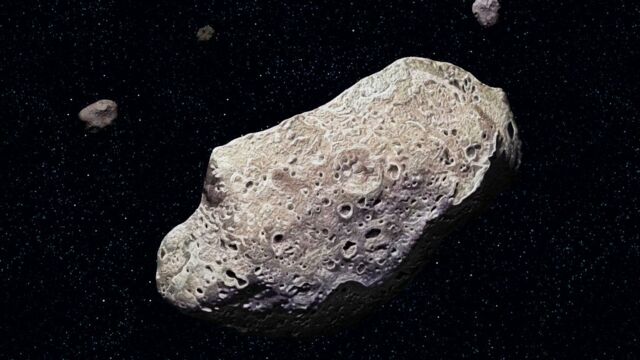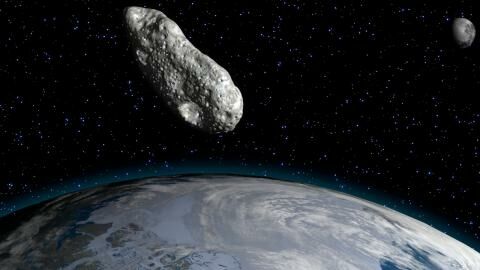A few days after the passage of 388945 (2008 TZ3), another celestial object may come close to the Earth. Throughout the year, several asteroids pass relatively close to our planet, but this one is surely the most massive of all. NASA classifies it as a ‘potentially dangerous’ asteroid.
Discover our latest podcast
Asteroid 7335 (1989 JA)
With its estimated width of 220-489 metres, 388945 (2008 TZ3) was already impressive, and a collision with the Earth would have caused considerable damage. But 7335 (1989 JA) is in a different league: this asteroid is estimated to be a whopping 1798 metres across!
By comparison, the Empire State Building is 381 metres tall and the Burj Khalifa, one of the world's tallest towers, is 828 metres tall. According to NASA, other asteroids will graze the Earth in 2022, but none will rival 7335 (1989 JA) in size.
Potentially Hazardous Asteroid (7335) 1989 JA is safely approaching us. Here it is a short movie we did two nights ago! 🔭☄️
— Virtual Telescope (@VirtualTelescop) May 13, 2022
👇👇👇
📌More: https://t.co/qG0ECfOFyXpic.twitter.com/TbjFHHZpSb
Why is it 'potentially dangerous'?
When it comes to measuring the distance between celestial objects such as planets, stars, meteorites and asteroids, the scales are not the same as on Earth.
So, rest assured, 7335 (1989 JA) will not collide with the blue planet. However, it will pass within 4 023 360 kilometres of us on 27 May. In astronomy, this distance is considered small and is sufficient to qualify the asteroid as a ‘potentially dangerous’ celestial object.
This article was translated from Gentside FR.
Read more:
⋙ This viral video shows the moon dangerously close to the North Pole, but is it real?















